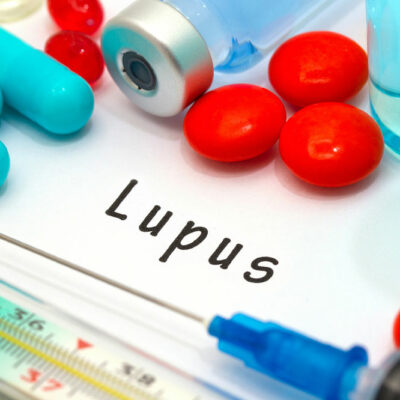
health
Avoid These 12 Triggers to Manage Lupus
A chronic autoimmune condition, lupus affects millions of people around the world. It is a disease wherein the immune system is triggered to attack the healthy tissues causing increased inflammation, pain, and damage to different organs and body parts. Different people experience varying symptoms in varying degrees, including skin rashes, joint pain, fever, fatigue, and problems related to kidneys. Although there is no cure for the condition, it is essential to manage it with the help of lifestyle changes and proper treatment. Sun exposure Prolonged sun or UV light exposure is among the most common causes of flare-ups and worsening symptoms in lupus patients. The ultraviolet radiation in sunlight cause joint pain, skin rashes, and fatigue in lupus patients. Some treatments for the condition also increase the skin’s sensitivity to sunlight. To protect against any damage from the sun, people with lupus are advised to wear protective clothing like hats, long-sleeved shirts, and full-length pants. It is also essential not to skip board spectrum sunscreens as they can help prevent sun damage. Remember to use sun protection with a minimum SPF of 30. Stress Stress is a common trigger for lupus and can worsen its symptoms. When the body is stressed, it releases hormones that can increase inflammatory levels and further weaken the immune system.
Read More 








